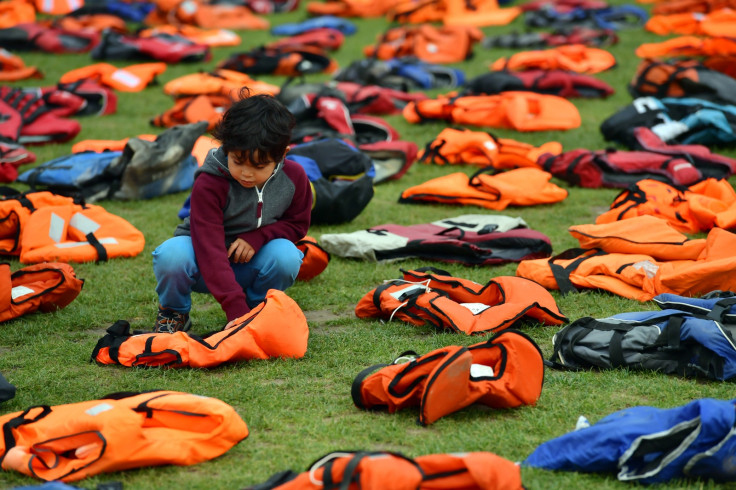World leaders back UN plan to share responsibility for refugees, but not before 2018
UN's 193 members have agreed to provide better resources, opportunities, housing and education to refugees and migrants.
World leaders have approved a proposal that is aimed at dealing with the growing refugee crisis. They have come together and agreed to negotiate a deal to share the responsibility of housing and educating refugees, but it might not happen before 2018.
For the first time-ever, issues pertaining to the biggest population of refugees since the World War II was taken up by the leaders from 193-member states during a UN General Assembly meeting in New York on Monday (19 September).
The members back the plan to share the burden to help the refugees and migrants by providing them with better resources and opportunities. The New York Declaration on Migrants and Refugees is said to seek regulated responses to refugee situations and provide better education for the children – who constitute to more than half of the refugees globally.
During the summit, the leaders and the UN called for the declaration to be implemented within two years.
"Today's [19 September's] summit represents a breakthrough in our collective efforts to address the challenges of human mobility," UN Secretary General Ban Ki-moon said while hailing the summit.
However, the human rights groups have complained that the declaration fall short of what it needed and lack detailing immediate relief for the 65 million refugees, migrants and displaced people.
Philippe Bolopion, deputy director of global advocacy for Human Rights Watch, said: "I would say if you measure this document what is at stake here, it certainly falls short of the mark. We're facing an historic crisis and the response is not historic."
He said there was still a long way to go in resolving the refugee crisis as he felt in many areas, protection for the refugees were in fact regressing. This, he said, was because of many countries trying to turn the refugees back in violation of international law.
The declaration is also said to include plans for a campaign to combat xenophobia.

"The overall climate is not very favourable to receiving refugees in many parts of the world but on the one hand, states committed to this so we can remind them of their obligations. On the other hand, states, just like us, need a more predictable way of responding to the refugee crisis that's what this New York declaration proposes," Fillipo Grandi, UN High Commissioner for Refugees, told The Associated Press.
He added that he disagreed with criticisms from the advocacy groups. The declaration expands and address to the needs of the refugees beyond humanitarian aid – like food, medicine and tents – and includes equally important things like education and jobs, Grandi said.
The global leaders are meeting again on Tuesday (20 September) against the backdrop of rising ethnic and minority clashes, Syrian conflict, escalating terror attacks around the globe by Islamic extremists, especially in the Middle East and Africa, and millions of people fleeing due to poverty and violence.
According to UN Refugee Agency, there are currently 65.3 million displaced people across the world, of which 21.3 million are refugees, 3.2 million asylum seekers and 40.8 million are migrants.
The global body defines refugees are those people who are forced to flee their homes due to war, armed conflict or persecution, while migrants are those who choose to move in search of a better life.
© Copyright IBTimes 2025. All rights reserved.





















